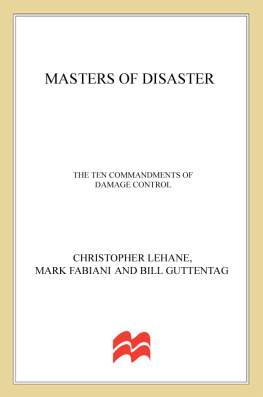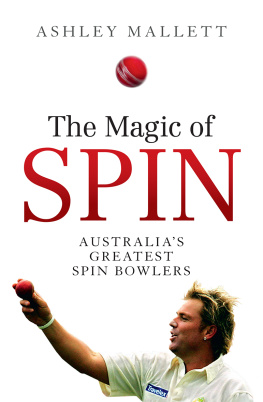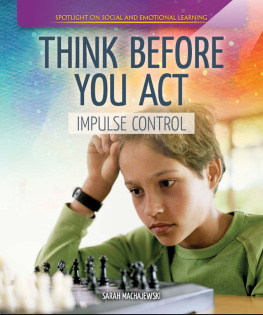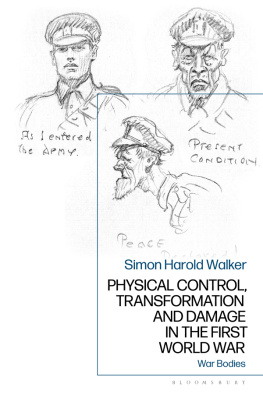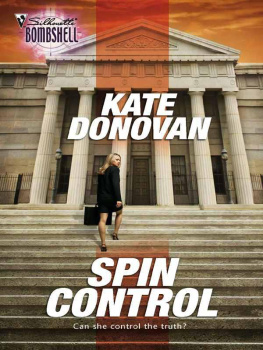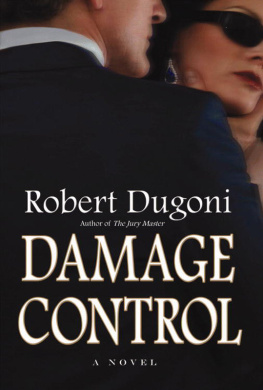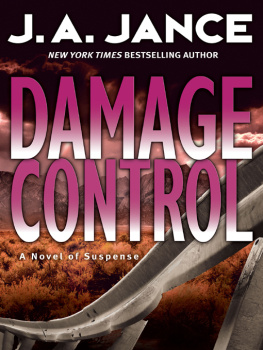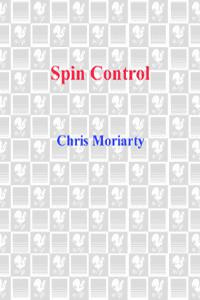MASTERS
OF
DISASTER
THE TEN COMMANDMENTS
OF DAMAGE CONTROL
CHRISTOPHER LEHANE,
MARK FABIANI,
AND BILL GUTTENTAG

The author and publisher have provided this e-book to you for your personal use only. You may not make this e-book publicly available in any way. Copyright infringement is against the law. If you believe the copy of this e-book you are reading infringes on the authors copyright, please notify the publisher at: us.macmillanusa.com/piracy.
MASTERS OF DISASTER
Copyright Christopher Lehane, Mark Fabiani, and Bill Guttentag, 2012. All rights reserved.
For information, address St. Martins Press, 175 Fifth Avenue, New York, N.Y. 10010.
First published in 2012 by PALGRAVE MACMILLAN in the United Statesa division of St. Martins Press LLC, 175 Fifth Avenue, New York, NY 10010.
ISBN 978-0-230-34180-7
Our eBooks may be purchased in bulk for promotional, educational, or business use. Please contact the Macmillan Corporate and Premium Sales Department at 1-800-221-7945, ext. 5442, or by e-mail at .
Library of Congress Cataloging-in-Publication Data is available from the Library of Congress.
A catalogue record of the book is available from the British Library.
Design by Letra Libre
First edition: December 2012
10 9 8 7 6 5 4 3 2 1
Printed in the United States of America.
PART I
CRISIS AS A STATE OF NATURE
PROLOGUE
NOT A QUESTION OF IF, BUT WHEN
IN THE INFORMATION AGE, THERE ARE TWO KINDS OF PEOPLE, TWO KINDS OF INSTITUTIONS, two kinds of organizations: those who have been hit with a crisis and those who havent been around very long.
Whether you are a multinational corporation such as BP responding to oil gushing into the Gulf of Mexico or the neighborhood restaurant dealing with a bad Yelp review, confronting a crisis is not a question of if but of when. And of those who have looked a great crisis squarely in the eye, there are similarly two kinds of people, two kinds of institutions, two kinds of organizations:
Those who were able to be masters of their disasters, and those who failed.
The landscape is dotted with a few winners but crowded with many losers who simply did not have what it took to survive the crisis.
For every Bill Clintonwho left office with the highest presidential job approval rating in history despite having been impeachedthere are disgraced former politicians like Gary Hart and John Edwards.
For every Goldman Sachswhich, despite being widely portrayed in the wake of the 2008 financial meltdown as a pack of real-life Gordon Gekkos savagely trouncing all in their path in the service of the bottom line, has continued to have great successthere are companies like Lehman Brothers, Enron, and Arthur Andersen, consigned to the ash heap of Wall Street.
For every franchise athlete like Yankees star Alex Rodriguezwho in 2009 went from being the spring training goat of ridicule over revelations about his use of performance-enhancing drugs to being the 2009 World Series herothere are disgraced former superstars like Barry Bonds and Mark McGwire.
These same battles play out every day not just in The New York Times and The Wall Street Journal, but also in the Peoria Journal Star and Palo Alto Online. The names may not be known to all, but the problems are just as serious to those in the vortex, such as:
- The local bed and breakfast that suddenly discovers it has been reported to BedBugRegistry.com;
- Your colleague who inadvertently left his resume in the printer and is being called in by his boss to address whether he is applying for another job;
- A neighborhood fast-food franchise that is suddenly dealing with a so-called foreign particle in its hamburgers that may or may not have been planted there by a spiteful customer or a disgruntled employee;
- A principal at a private school who is trying to explain the dip in the latest test scores to a group of angry parents;
- A guy in the adjoining cubicle who inadvertently hits reply all when sending his best friend a scathing criticism of their boss.
All of these examples are, in fact, real-life casesand versions of them happen every day. And while these crises may not be leading national news reports, when they happen to you or your organization, its personal, its profound, and it will have an enormous impact on you, your family, and your future.
Its like what Ronald Reagan said about the economy when running against Jimmy Carterwhen your neighbors out of work, it is a recession; when youre out of work, it is a depression.
Similarly, when your neighbor faces a crisis, it is someone elses scandal; when you face a crisis, it is a disaster that you must master.
We are often asked how to identify a crisis. A crisis can manifest itself in a seemingly infinite number of ways: It could be a legal problem, such as when a Fortune 500 corporation is sideswiped by an accounting scandal; it could be an economic challenge, such as when a restaurant is losing market share to a competitor because of poor Yelp reviews; it could be a personal issue, such as when a spouse is caught cheating on their partner; or it could be organizational in nature, such as when a high school principal removes a teacher for inappropriate conduct. In whatever for the crisis appears, the most accurate way for you to know whether it is, in fact, a crisis is to apply one very simple test: Is there something that is putting you or your organizations trust at risk with those very audiencesbe they shareholders, consumers, your spouse, or your superiorwhose trust you must maintain to be able to survive and thrive?
Simply put, crisis is everywhere and impacts everyone, whether you are big or small, established or less established, powerful or not so powerful. Crisis is a constant state of nature in our Information Age. And in the modern spin cycle, whether you are a business protecting a brand, a public figure guarding your image, or that guy in the cubicle defending your reputation, if you do not fight backeven after a short, nasty, or brutish experienceyou will no longer have your brand, your image, or your reputation.
Successfully fighting backwhether it is fending off a national story or your neighborhood bloggerinvolves the application of a set of basic principles of crisis survival coupled with the execution of field-tested tactics.
This is the survival of the fittest.
This is the black art of damage control.
And this is what we do.
For more than twenty years, Chris Lehane and Mark Fabiani have manned the frontlines of scandal patrol. In the 1990s, the two of us helped lead a team of lawyers who were responsible for representing President Bill Clinton, First Lady Hillary Rodham Clinton, and the White House on various scandals related to Ken Starrs investigation of the president. During that time we became publicly known as the Masters of Disaster. Since leaving the White House in 2000, our crisis communications firm, Fabiani & Lehane, has represented global Fortune 500 companies, high-profile CEOs, elected officials, celebrities, and athletes.
Our partner in this, Bill Guttentag, a lecturer at the Stanford University Graduate School of Business, comes from the journalism side of the damage control house. Bill is a filmmaker who has made films and television programs for ABC News, HBO, NBC, CBS, PBS, and others. He has worked with multiple national network news anchors and has won two Oscars, three Emmys, a Peabody Award, and other awards. And hes spent enough time inside the networks and other media to know what works in deflecting a crisis and what throws gas on the fire.

